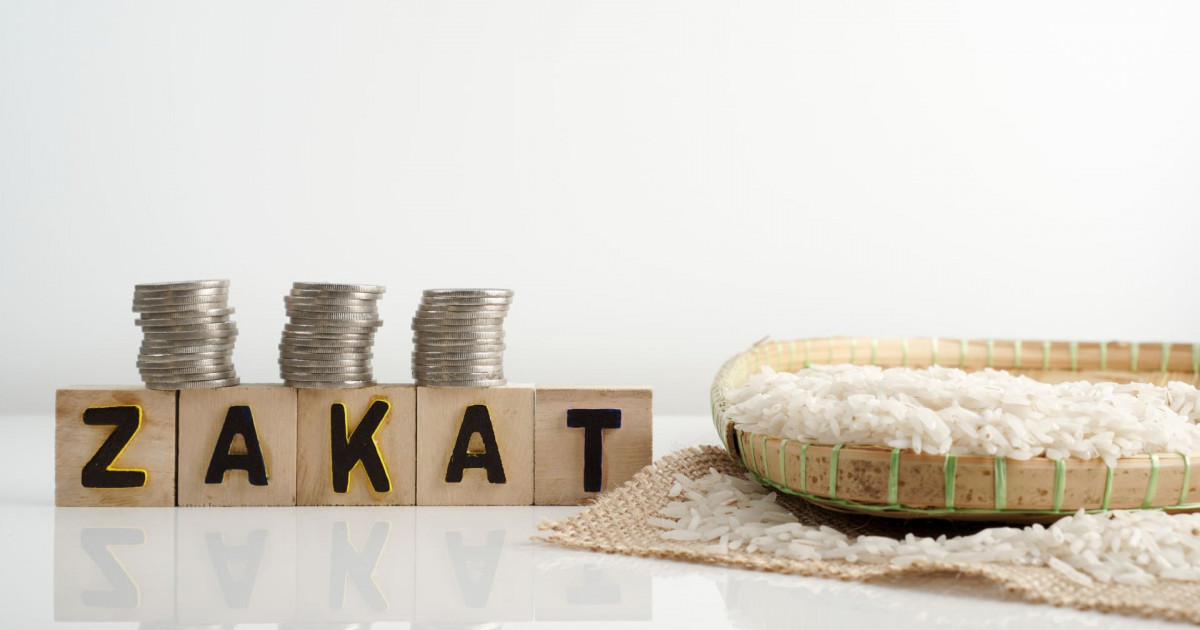Zakat is considered one of the five pillars of Islam, and it requires Muslims to donate a specific portion of their wealth annually to help those in need. Zakat is a form of worship and purifying one's wealth. As we approach 2023, it is important to understand how to calculate your Zakat accurately. This guide will help you understand the process and ensure that you fulfill this fundamental obligation.
What is Zakat?
Zakat is an obligation on Muslims who meet the conditions of wealth. A specific percentage of a person's wealth must be given every year to help the poor and needy. Zakat means "purification" and is intended to purify a person's wealth and soul. According to Islamic law, Zakat is due on the following categories of wealth: gold and silver, cash, business assets, agricultural products, and livestock.
Who must pay Zakat?
Zakat is mandatory for all Muslims who are eligible. In Islam, eligibility is based on owning a specific wealth, known as Nisab. If a person's wealth meets or exceeds the Nisab value, Zakat is due on that wealth. The Nisab value is determined annually based on the current market value of gold and silver.
How to calculate Zakat?
Calculating Zakat can be a complex process, but ensuring the exact amount is contributed to those in need is essential. The value of Zakat is typically 2.5% of the eligible wealth. The following steps can help you calculate Zakat accurately:
Determine your total wealth: Add your cash, business assets, gold, silver, stocks, and other investments. Subtract your debts, loans, and other liabilities from the total amount.
Check if your total wealth exceeds the Nisab value: If the total value of your wealth is lower than the Nisab value, you are not required to pay Zakat.
Calculate the Zakat value: If your total wealth exceeds the Nisab value, you must pay 2.5% of the eligible wealth as Zakat.
Determine the date and time of payment: Zakat is due after one lunar year from the date your wealth first exceeded the Nisab value. It is recommended to pay Zakat during Ramadan, but paying it at any time of the year is permissible.
What can Zakat be used for?
Zakat is meant for those individuals and communities in need. The Quran outlines eight categories of people eligible to receive Zakat, including the poor, the needy, those in debt, those stranded while travelling, and those fighting for the cause of Allah. Zakat funds can also be used to build mosques or to fund education.
What is the delivery method for Zakat?
After learning how to calculate your Zakat, let's look at how it's distributed:
You can pay the calculated Zakat amount immediately or in installments throughout the year until the next lunar year begins. The Quran mentions eight categories of people who are eligible to receive Zakat.
MASARIF-E-ZAKAT (RECIPIENTS OF ZAKAT)
The following eight categories of people are specified in the Quran as the rightful recipients of Zakat:
1. Fuqaraa [individuals with low incomes and poverty]
2. Masakeen [muslims in need of even basic amenities]
3. Aamileen are government officials responsible for collecting Zakat on behalf of an Islamic State
4. Muallafat-ul-Quloob encourages even more underprivileged Muslims to become Muslims
5. Ar-Riqaab [freedom for slaves and captives]
6. Al-Gharimeen [Muslims who are in debt]
7. Fi Sabeelillah [needy Muslims who are away from home to perform good deeds, like Hajj ]
8. Ibn-us-Sabeel [a traveller who is needy for the duration of the journey]
Conclusion
Zakat is an essential obligation for Muslims and ensures that wealth is distributed fairly amongst those in need. Accurately calculating your Zakat can fulfill your religious duty and help impoverished people. By following the steps outlined in this guide, you can ensure that your Zakat calculations are correct and your contributions can positively impact the lives of those most in need.






